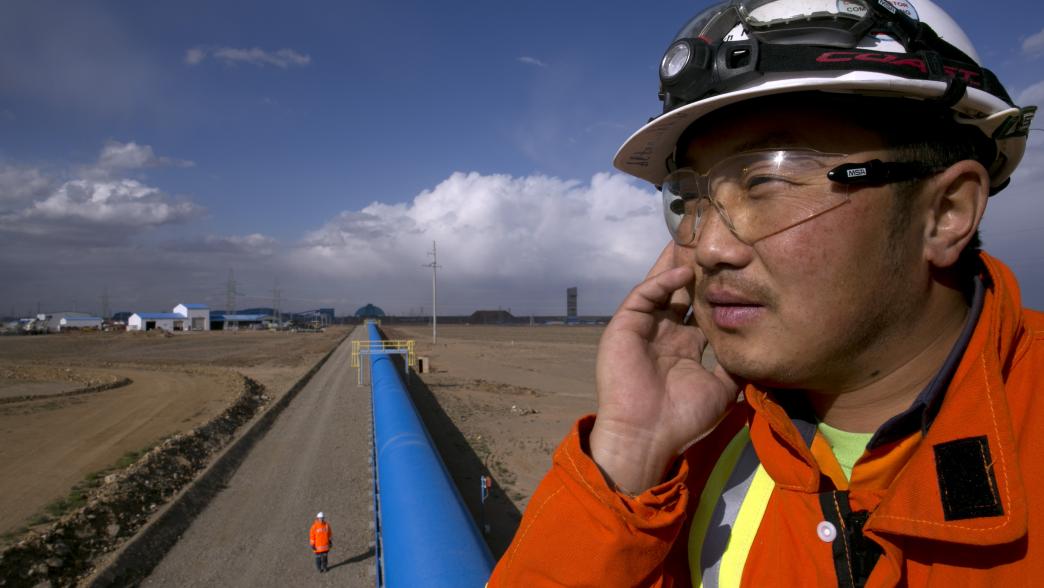
Mongolia's Missing Oil, Gas and Mining Contracts
Key messages
- Many of the most important contracts for publicly owned oil, gas and minerals in Mongolia remain secret, despite government promises to make contracts public.
- A review of publicly available contracts in Mongolia suggests that contracts are unlikely to contain the kinds of information about a project that are commercially sensitive. Likewise, evidence suggests that there is no reason to think that confidentiality clauses prevent disclosure of contracts.
- Contracting regimes in Mongolia are complex and therefore in many instances, it will be necessary to publish several contracts and associated documents for each project.
- There are five steps that the government can take to make contracts public: 1) explain the contracting landscape, 2) define the scope of disclosure, 3) establish a contract disclosure rule, 4) make contracts accessible, and 5) support contract use.
The contracts and associated documents that govern the government of Mongolia’s relationship with mining and petroleum companies are critically important agreements that set out important parts of the legal framework for natural resource projects. Publishing them allows the government and companies to build public trust in and understanding of extractive industry projects, which can help bring much needed accountability and stability to economic activities that account for as much as a fifth of Mongolia's GDP. This briefing explains why the Mongolian government should publish natural resource contracts, describes the different contracts that exist in Mongolia’s extractive sector that should be disclosed, and suggests a path for making natural resource contract transparency a reality.
Authors

Robert Pitman
Senior Governance Officer
